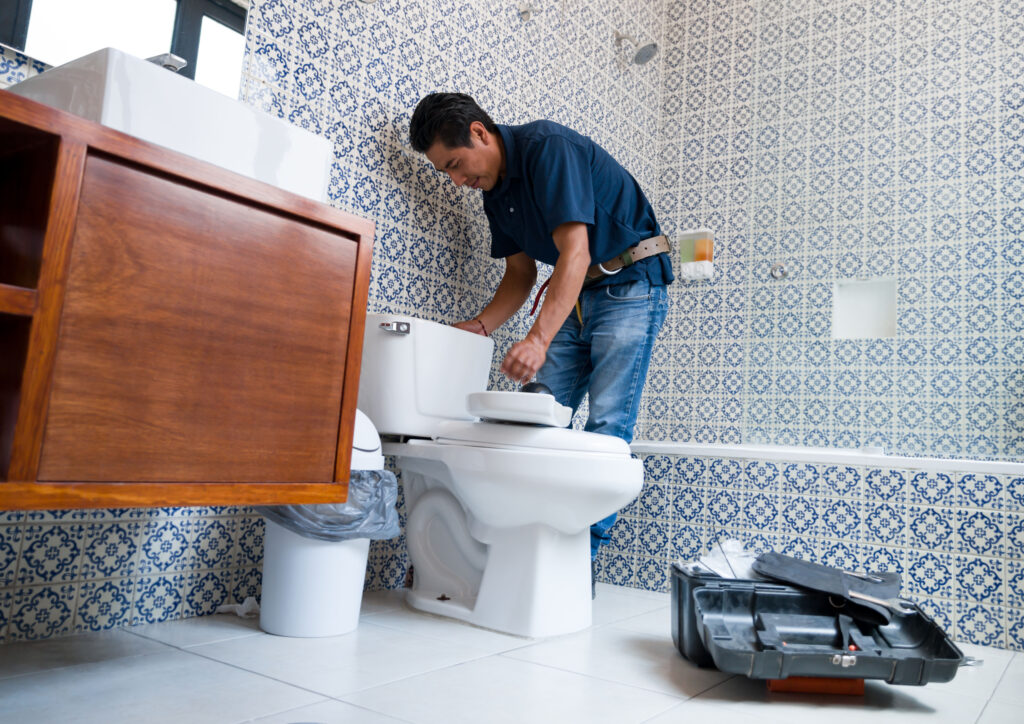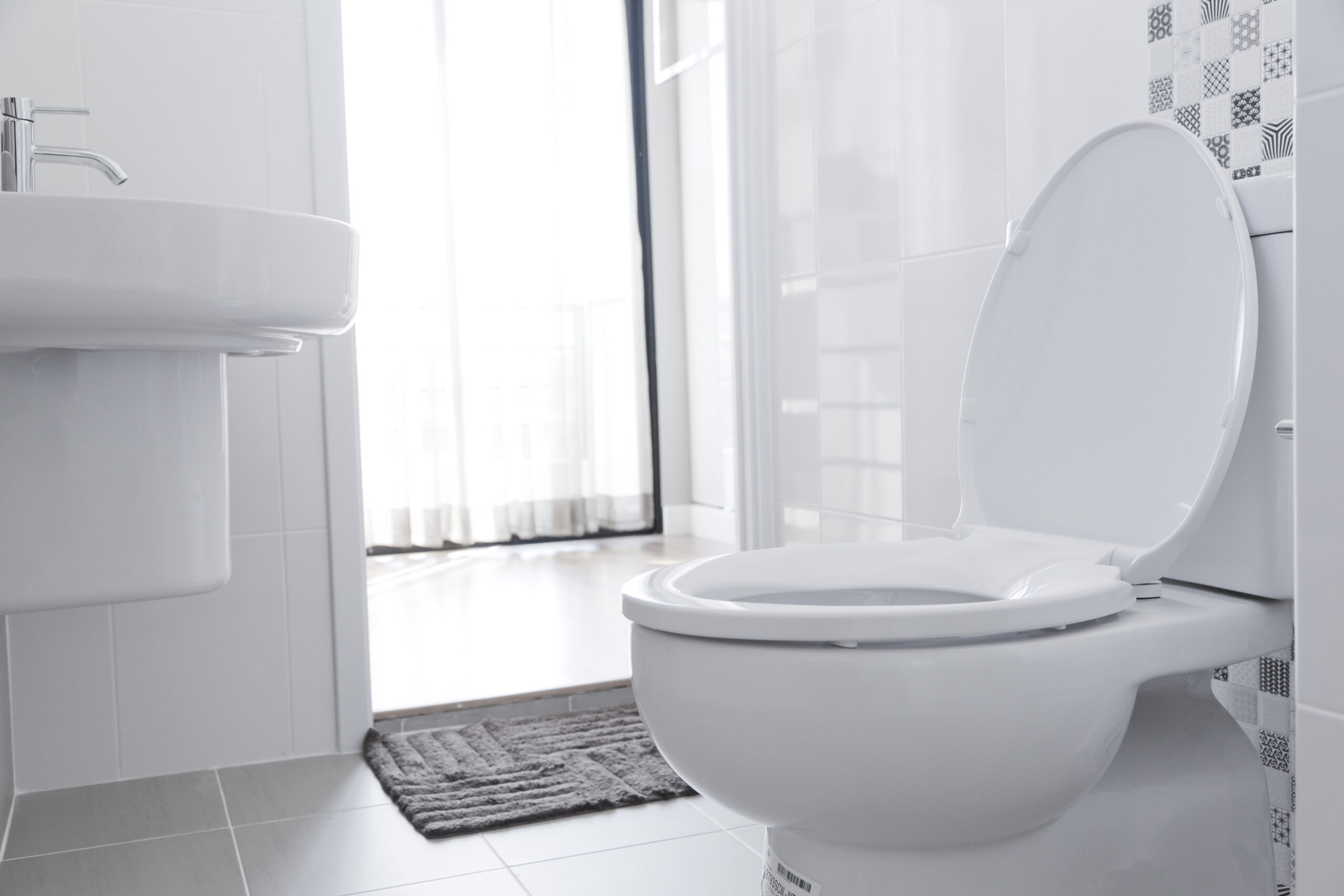
Got a clogged drain? DIY drain cleaning can be a smart and safe option if you use the right methods. Natural remedies, plungers, and hand snakes are generally low-risk methods for breaking up clogs. Other options, such as chemical drain cleaners, can sometimes cause more harm than good. Let’s cover the safe way to unclog a drain, look at whether drain cleaners are safe, and explain when it’s time to call in a pro.
Natural Drain Cleaning Methods
Natural drain cleaning methods use everyday items, such as baking soda, vinegar, or hot water, to break up minor clogs without harsh chemicals. These are some of the safest ways to unclog a drain, especially for kitchen sinks or bathroom drains with light buildup.
Pros
- Safe for all types of pipes, including older plumbing
- Non-toxic and environmentally friendly
- Inexpensive and easy to try with items you already have at home
Cons
- Not effective for large or stubborn clogs
- Results can be slow or temporary
- Won’t help with clogs caused by grease buildup or solid objects
Plungers & Drain Snakes
Plungers and hand-crank drain snakes are common DIY tools that can physically break up or pull out clogs. Plungers use air pressure to push blockages through, while drain snakes reach down into the pipe to hook or dislodge debris. They’re handy for sinks, tubs, and toilets with reachable clogs.
Pros
- Inexpensive and reusable tools
- Work well on many common clogs
- Don’t involve harsh chemicals
Cons
- Can be messy and require some effort
- Snakes can damage pipes if used improperly
- May not reach deep clogs or those caused by buildup in the main line
Chemical Drain Cleaning Methods
Chemical drain cleaners use strong ingredients, like lye or sulfuric acid, to dissolve hair, grease, and other blockages. They’re sold in most stores and are often marketed as a quick fix for clogged drains. While they can work fast, they come with some serious risks to your plumbing and safety.
Pros
- Easy to find and use
- Can break down minor clogs quickly
- Require no tools or physical effort
Cons
- Can damage older or plastic pipes over time
- Harmful to your health if inhaled or touched
- Not eco-friendly and can harm septic systems
- May only mask deeper plumbing issues instead of solving them
Safety Precautions for DIY Drain Cleaning
Before trying any DIY method, it’s important to protect yourself and your plumbing. Even natural or store-bought solutions can pose risks if not used properly. Here are a few key safety tips to follow:
- Wear gloves to protect your hands from bacteria, sharp debris, or harsh chemicals
- Use protective eyewear if you’re handling chemical cleaners or using a drain snake, since splashes can happen
- Ensure proper ventilation when using anything with strong fumes, like chemical drain cleaners or vinegar
- Read labels carefully and never mix different cleaning products, especially bleach and ammonia
- Use tools gently to avoid damaging your pipes, especially when snaking a drain
When in doubt, it’s safer to call a licensed plumber than risk injury or pipe damage.
Request Professional Drain Cleaning
If DIY methods aren’t cutting it, or you’re worried about damaging your pipes, it’s time to call Detroit Furnace. Our licensed and certified technicians offer same-day service, 24/7 emergency help, and a hassle-free experience every time. We service all types of drains and provide honest solutions backed by positive reviews and strong core values. Financing and special offers are also available to help make expert service even more accessible.
Contact Detroit Furnace today to schedule professional drain cleaning or request emergency service in Detroit, MI. We’re here to make it easy.



